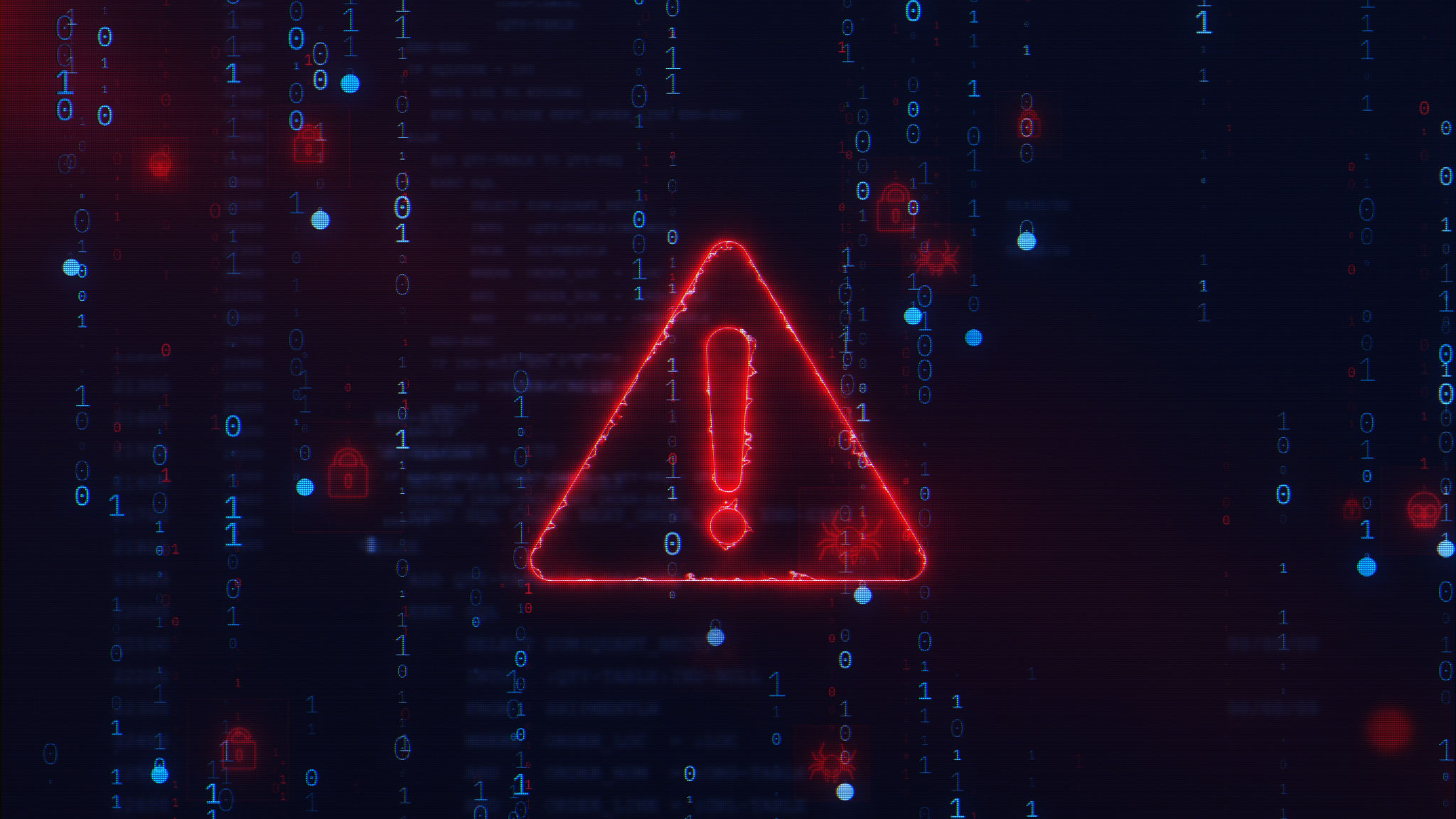The Future of Cybersecurity: Insights from Luis A Oliveira
Understanding the Landscape of Cybersecurity
The digital age has brought about a significant increase in the number of cyber threats facing individuals and organizations alike. As technology continues to evolve, so do the tactics employed by cybercriminals. According to cybersecurity expert Luis A Oliveira, understanding the current landscape is crucial in developing effective strategies to combat these threats.
With an ever-increasing volume of data being generated and stored online, the importance of cybersecurity has never been more pronounced. Businesses and individuals must stay informed about the latest trends and potential vulnerabilities to safeguard their digital assets effectively.

Emerging Threats in Cybersecurity
As technology advances, new threats emerge that require innovative solutions. Luis A Oliveira highlights a few key areas where cybersecurity is expected to face significant challenges:
- Artificial Intelligence (AI): While AI offers many benefits, it also presents new opportunities for cybercriminals to exploit vulnerabilities.
- Internet of Things (IoT): The proliferation of IoT devices increases the potential attack surface for cyber threats.
- Ransomware: This type of malware continues to evolve, with attackers employing more sophisticated techniques to extort victims.
Understanding these emerging threats is essential for developing robust cybersecurity measures that can adapt to the changing environment.

Innovative Solutions and Strategies
To combat the ever-evolving landscape of cyber threats, experts like Luis A Oliveira emphasize the need for innovative solutions and strategies. One such approach is the integration of AI and machine learning technologies in cybersecurity systems. These technologies can help detect anomalies and predict potential threats before they cause significant damage.
Moreover, a proactive approach to cybersecurity involves regular updates to security protocols, continuous monitoring, and employee training. Building a culture of security awareness within organizations is crucial to ensuring that all members are equipped to identify and respond to potential threats effectively.

The Role of Governments and Regulations
Governments around the world play a crucial role in shaping the future of cybersecurity by implementing regulations and policies designed to protect citizens and businesses from cyber threats. According to Luis A Oliveira, international collaboration is key to addressing cross-border cybercrime effectively.
Policies such as the General Data Protection Regulation (GDPR) have set a precedent for data protection standards globally. These regulations not only protect individuals' privacy but also encourage businesses to adopt stringent security measures.
The Importance of Cybersecurity Education
As cyber threats continue to evolve, there is an increasing demand for skilled cybersecurity professionals. Luis A Oliveira stresses the importance of education and training in preparing the next generation of cybersecurity experts.
Educational institutions are beginning to recognize this demand by offering specialized programs and courses focused on cybersecurity. By equipping students with the necessary skills and knowledge, they can help mitigate future threats and contribute to a safer digital environment.

The Future Outlook
The future of cybersecurity is undoubtedly challenging, yet it also presents opportunities for growth and innovation. As highlighted by Luis A Oliveira, staying ahead of potential threats requires continuous research, investment in new technologies, and fostering collaboration among industry stakeholders.
By addressing current challenges with innovative solutions and cultivating a culture of security awareness, we can build a more secure digital future for everyone. Ensuring that cybersecurity remains at the forefront of technological advancements will be crucial in protecting our digital world.
